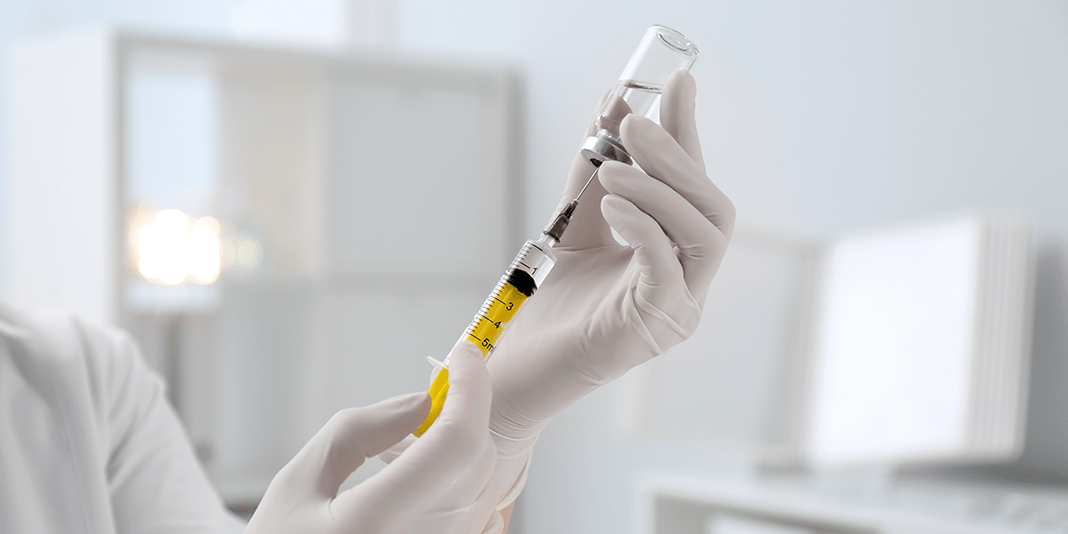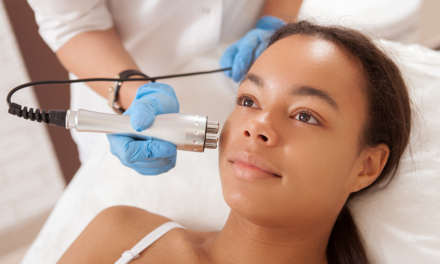A new study in the May 2021 issue of “Dermatologic Surgery,” the peer-reviewed journal of the American Society for Dermatologic Surgery (ASDS), revealed that cosmetic injections to relax wrinkles and add volume are predominantly performed by physicians.
“Midlevel Injectable Practice Patterns in Dermatology and Plastic Surgery Offices” studied procedures at 492 dermatology and plastic surgery practices from U.S. metropolitan areas. Practices were asked who performs injectable treatments, and the vast majority of injections were given by board certified dermatologists and plastics surgeons. “Only 18.35% of dermatology and 25.4% of plastic surgery practices had nurse practitioners and physician assistants giving injectables— both with and without oversight of the supervising physician onsite,” wrote article authors and ASDS members Matthew Belcher, MD, Ashley Decker, MD, and Naomi Lawrence, MD.
Although the large majority of dermatology and plastic surgery practices are not delegating cosmetic injections to non-physicians, the study highlights the growing demand of minimally invasive cosmetic procedures and the increasing number of non-physicians who can legally perform cosmetic procedures, offering a cost-effective supply of hands-on care. The differentiating factor of physician providers is the rigor and length of training. Historically, physicians maintain authority of patient care to ensure patient safety and quality of care. This reflects the ASDS/A position that providers need dermatologic expertise to perform injectable treatments, because only physicians have extensive medical education, training and aesthetic acumen to deal with complicated facial anatomy and possible complications.
“The role of non-physician practitioners in dermatology and plastic surgery practices is controversial and highly debated,” said Dr. Lawrence. “However, studies have shown that non-physician providers are being increasingly used in the delivery of dermatological care. We were surprised to see that a significant number of practices that use non-physician injectors could not verify on-site supervision at all times.”
The American Society for Dermatologic Surgery Association (ASDSA), a 501(c)6 advocacy organization, promotes patient safety and has over 6,400 board certified dermatologists as its members, supporting the Board-approved position requiring on-site physician supervision of all non-physician providers to ensure patient safety. ASDSA also opposes decision-making based on financial gain to ensure the best quality of care and patient outcomes, as stated in its position on Physician Oversight in Medical Spas.
“[Patients need to understand] there are risks of temporary and permanent side effects from improper techniques, and different injectables have a wide range of properties and associated adverse events,” said Dr. Decker. “The injector needs to be sufficiently experienced with the products being used, maintain a detailed understanding of facial anatomy and be prepared to provide appropriate treatment in the case of adverse events. The ultimate responsibility for each patient’s outcome rests on solely on the supervising physician.”
Another way ASDSA is helping keep patients safe from unqualified providers is its new Medical Spa Safety Act model legislation. It calls on medical spas to keep medical procedures under the supervision of physicians (especially board certified dermatologists). The model requires on-site supervision of any non-physician providers, along with requiring medical directors to have training on all procedures being performed. Other tenants of the bill can include additional education requirements; notification if a physician is not on-site; and options for mandatory adverse event reporting. ASDSA also promotes patient safety by encouraging its members to report adverse events to its new Cutaneous Procedures Adverse Events Reporting (CAPER) Registry, a joint effort between ASDSA and the Northwestern University’s Department of Dermatology.
“Dermatologic Surgery” is published in the Lippincott portfolio by Wolters Kluwer.
About ASDSA
With a membership of 6,400+ physicians, ASDSA is a 501(c) (6) association, dedicated to public protection and advocacy on behalf of dermatologic surgeons and their patients. For more information, visit http://asds.net/ASDSA. Follow @ASDSAdvocacy on Facebook, Twitter, Instagram and LinkedIn!
About the American Society for Dermatologic Surgery
The American Society for Dermatologic Surgery (ASDS) is the largest specialty organization exclusively representing dermatologic surgeons who have unique training and experience to treat the health, function and beauty of skin throughout every stage of life. ASDS members are recognized as leaders in the field of cosmetic and medically necessary skin surgery. They also are pioneers in the field; many are involved in the clinical studies that bring popular treatments to revitalize skin and fill and diminish wrinkles to the forefront. Their work has helped create and enhance many of the devices that remove blemishes, hair and fat, and tighten skin. Dermatologic surgeons also are experts in skin cancer prevention, detection and treatment. As the incidence of skin cancer rises, dermatologic surgeons are committed to taking steps to minimize the life-threatening effects of this disease. For more information, visit https://asds.net. Follow ASDS Members on Facebook, Twitter and Instagram.






